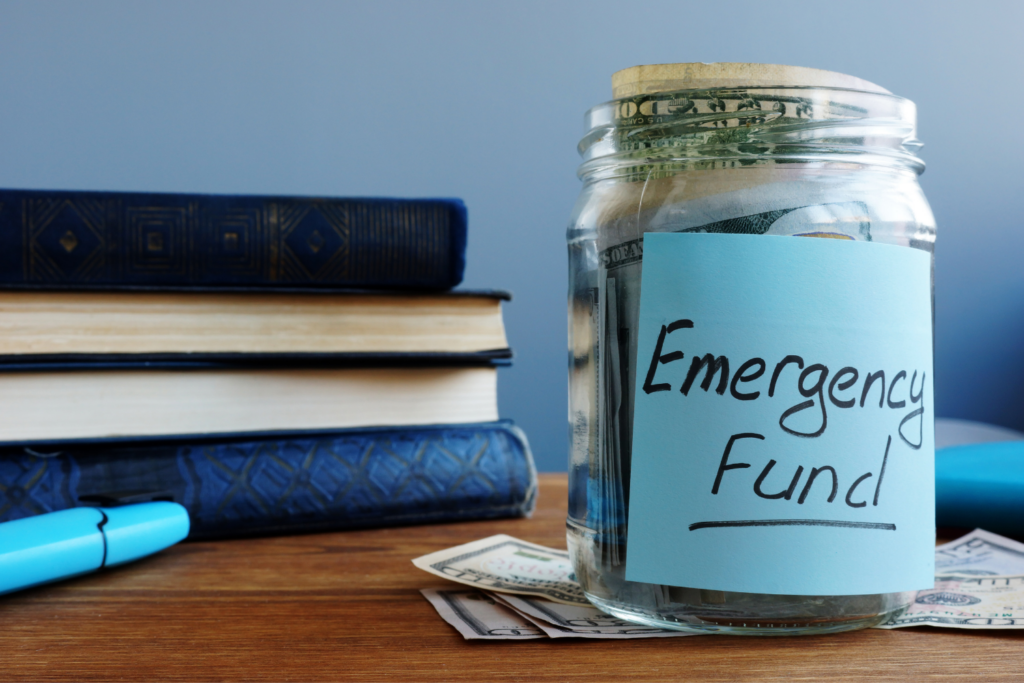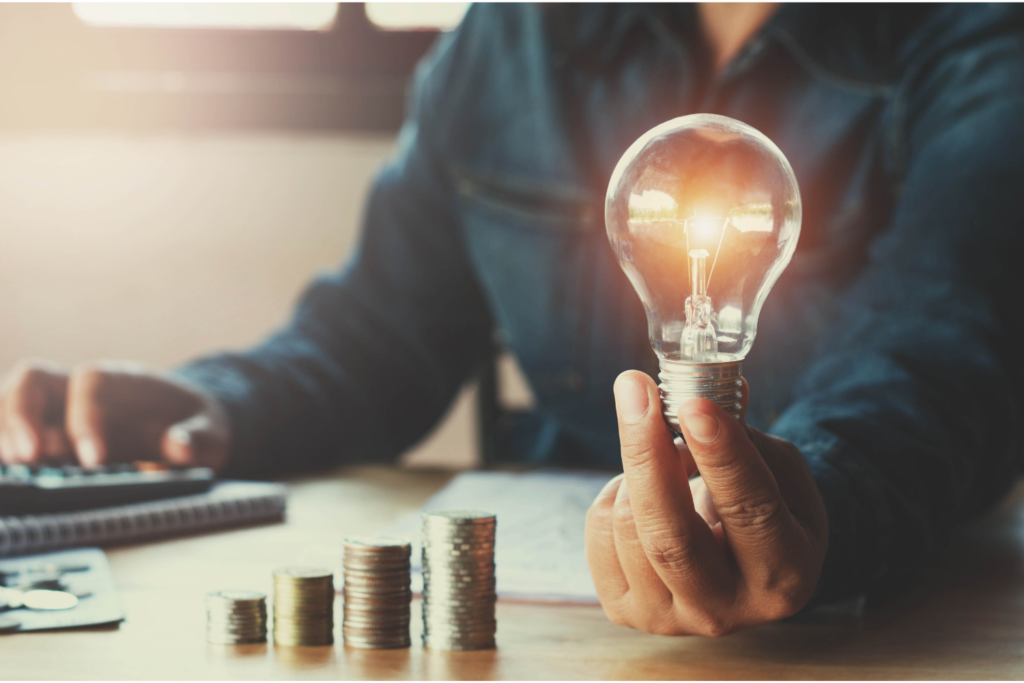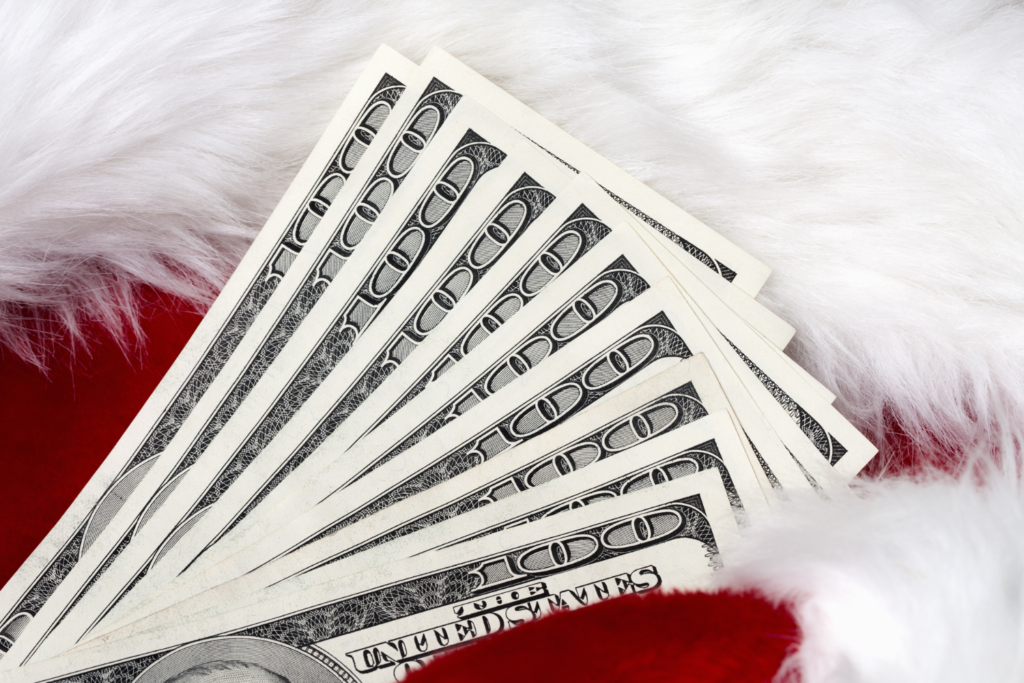
Contents
What is an emergency fund?
An emergency fund is a savings account that you use to cover unexpected costs, such as medical bills or car repairs. It’s important to have an emergency fund because it can help you avoid going into debt if you have a financial emergency.
How much should I save in my emergency fund?
There is no one definitive answer to the question of how much money you should have in your emergency fund as it depends on your personal financial situation. But most experts recommend saving enough to cover three to six months of living expenses. If you have a lot of debt or other financial obligations, you may want to save more.
If you are the type of person that needs a definite answer, start with saving up $500-$1000 to have on hand for small emergencies. This will help you cover unexpected costs without going into debt.
Once you have saved up $500-$1000, start setting aside money each month to grow your emergency fund. A good rule of thumb is to save between three to six months’ worth of living expenses. This will help ensure that you have enough money set aside in case of a larger emergency such as job loss or medical bills.
If you are able to save more than six months’ worth of living expenses, consider investing some of the money so that it can grow over time. This will give you a cushion in case of a long-term emergency such as a prolonged period of unemployment.
How do I start an emergency fund?
The best way to start an emergency fund is to set up a separate savings account and make regular deposits into it. If you don’t have a lot of money to start with, you can start small and gradually increase your savings over time.
Steps to set up an emergency fund
Most people know that they should have some money set aside in case of an emergency, but few actually do it. If you’re one of the latter, don’t worry – it’s not too late to start!
- Determine how much you need. A good rule of thumb is to have enough saved to cover three to six months of living expenses.
- Figure out where you’re going to keep the money. A savings account is usually a good option, but you may also want to consider a short-term certificate of deposit or a money market account.
- Automate your contributions. Set up automatic transfers from your checking account to your emergency fund account so that you’re consistently saving.
- Review and adjust as needed. As your life changes, so will your emergency fund needs. Make sure to periodically review your fund to make sure it still meets your needs.
Following these steps will help you get on the right track to creating a security net for yourself and your family. A fund set aside for emergencies is one of the most important financial tools you can have, so don’t delay – start saving today!
What if I can’t afford to save for an emergency fund?
If you’re struggling to make ends meet, it may seem impossible to save for an emergency fund. However, even small amounts of savings can make a big difference if you have a financial emergency. If you can’t afford to save a lot of money right now, consider setting aside just a few dollars each week until you reach your savings goal.
Saving for an emergency fund is an important part of financial planning. By setting aside money for unexpected expenses, you can protect yourself from debt and financial hardship. Start saving for your emergency fund today to give yourself peace of mind in case of a financial emergency.
Final Thoughts
Dave Ramsey is a popular financial advisor, and he has a lot to say about emergency funds. In general, he recommends that people have enough saved to cover at least three to six months of living expenses. He also recommends automating contributions to your emergency fund so that you’re consistently saving and reviewing and adjusting the fund as needed.
Following the steps above will help you create a financial safety net for yourself and your family to ensure that you have enough money set aside in case of an emergency. Saving up for an emergency is one of the best things you can do to protect yourself financially.




